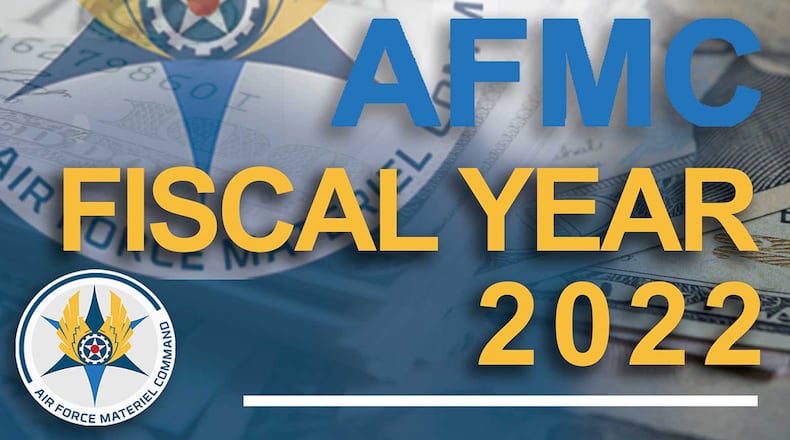AFMC executed $2.8 billion in Operations and Maintenance funds over the course of the fiscal year. The command obligated $141 million towards Unfunded Requirements, including $9 million for Counter-small Unmanned Aircraft System requirements, $99 million in support of Combat Ready Airmen programs and $6 million for Joint Light Tactical Vehicle kits.
The organization also invested $10 million for AFMC We Need innovation initiatives, funding projects including wearable sensors, 3-D scanners, the Electronic 2875 effort, and more. Multiple quality of life and infrastructure projects were funded enterprise-wide, directly supporting warfighter readiness.
On the investment side, the Research, Development, Test, and Evaluation and Procurement portfolio team continued to support platform procurement and modernization efforts across the enterprise. The team managed the procurements of additional F-35A and KC-46A aircraft, in addition to refreshing the F-15 fleet with a new variant.
Funds were also spent on nuclear modernization and game-changing technologies to help advance capabilities across the warfighting domain. Several modernization efforts, to include a Dual Path Resiliency Solution at Edwards Air Force Base to improve the base network, and an emergency communication center update at Tinker AFB, rounded out the RDT&E spend for the year.
The AFMC Working Capital Fund executed $16.3 billion in support of business operations enterprise-wide. The WCF closed out fiscal year 2022 with just over five months of depot carry over for fiscal year 2023, which is well within the maximum authorized threshold. The team continues to improve data sharing and analytics across the enterprise to ensure timely decision support and warfighter readiness.
Centralized Asset Management
The AFMC Centralized Asset Management team, executed 99.9% of their $19.8 billion portfolio, with $12.3 billion for Air Force Active Duty Weapon System Sustainment, $1.5 billion in Space Force WSS and $6 billion spent on active duty flying hour budgets.
The CAM team processed more than $438 million in reimbursements for Department of Defense and other agency partners, to include the Air National Guard, Foreign Military Sales Partners, NASA, and more. The team also leveraged new flexibilities that permitted program groups to internally shift funds to address UFRs, resulting in nearly $580 million in additional UFRs able to be addressed. This resulted in no unaddressed UFRs at the close of the fiscal year.
Installation and Mission Support
The Air Force Installation and Mission Support Center also tracked with the AFMC 99.9% execution rate, with $8.8 billion obligated in the Operation and Maintenance budget—the most ever executed in this portfolio area. Funded requirements include $2.7 billion for must-pay items such as installation utilities, the Environmental Quality program, and international agreements. Other funded items include $2.2 billion for Base Operating Support requirements such as maintenance contracts, dining facilities, emergency services and other essential installation capabilities; $1.9 billion for decentralized Facilities, Sustainment, Restoration and Modernization; $1.4 billion for construction taskings orders; $500 million for winter storm and natural disaster recovery efforts, and $10 million for quality-of-life projects.
The AFIMSC teams also distributed $313 million towards UFRs to meet both Air Force and Space Force needs. This includes $10 million for dorm repairs, $25 million for Food 2.0 requirements and $2 million for NextGen defender helmets.
Small Business
The AFMC Small Business program awarded more than $8.6 billion to small businesses in fiscal year 2022, with $3.2 billion going towards Small Disadvantaged Businesses. The small business team also set a new record in Small Business Innovation Rewards, awarding 150 Phase III SBIRS valued at over $1.3 billion enterprise-wide.
FY23 Outlook
With Fiscal Year 2023 already in motion, the AFMC finance teams are well positioned to execute enterprise requirements across all mission sets. Flexibility is key, and the AFMC financial management experts remain ready for whatever the mission may bring.
“Overall, we did a great job on the finance front in fiscal year 2022, and the flexibility, professionalism and expertise of our AFMC team cannot be beat,” said Verdugo. “We’re looking forward to continuing our success in FY23 as we ensure our warfighters have what they need to execute our critical missions for the Air Force.”
About the Author
